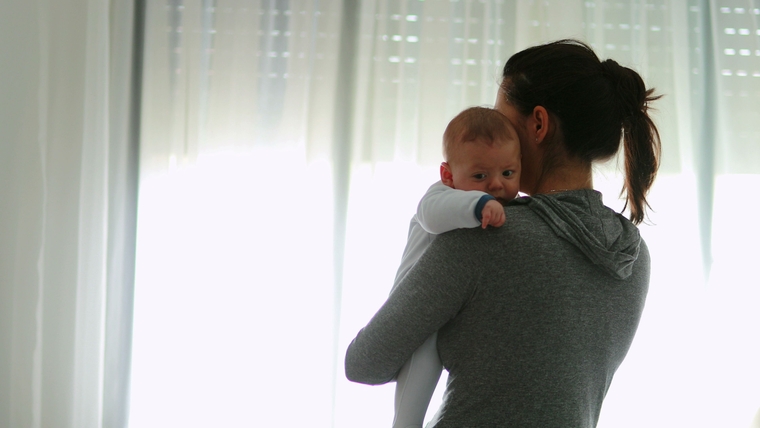Posted By: Amy Tubb
4th September 2023
2 minute read

The Labour Party has raised concerns that more than 30,000 expectant or new mothers are on waiting lists for mental health support, leaving many women to “suffer in silence.”
According to the latest data from the NHS, up to 27% of new or expectant mothers are affected by perinatal mental health problems. However, even though demand for perinatal mental health services increased by 40% between August 2022 and March 2023, there is only an 8% increase in the number of mothers accessing these services during the same period.
“No new mother should have to suffer in silence, stuck on a waiting list, if they are struggling with their mental health. However, it is all too common for patients to be left behind, without access to the vital mental health support that they need.”
Dr Rosena Allin-Khan MP, Labour’s Shadow Cabinet Minister for Mental Health
Currently, there are over 51,000 new or expectant mothers in contact with mental health services.
The Labour Party found that one woman had waited 319 days for an appointment with perinatal mental health services, according to information obtained via a Freedom of Information request.
Suicide remains the leading cause of direct maternal death in the first postnatal year, according to the latest report from MBRRACE-UK, meaning it is critical that new and expectant mothers can access specialist mental health care close to home.
“While alarming, we are sadly unsurprised by the increase in demand for perinatal mental health support, or the growing waiting lists. The Maternal Mental Health Alliance’s (MMHA) recent report on specialist perinatal mental health teams showed that there are still too many areas of the UK without services that meet the minimum required standards of care for women, babies, and families.
“The MMHA found that although budgets had largely increased, the pandemic has meant services are not as developed as they need to be, and the lack of funding security has impacted recruitment. This is inevitably resulting in women not receiving the lifesaving care they need. To break this cycle, the funding for specialist maternal mental health care must reach the teams it is intended for.
“Because data on how long women have to wait to access maternal mental health services is not publicly available, it is difficult to fully understand the true scale of the postcode lottery new and expectant mothers face when attempting to access mental health care. Improved data transparency and a national commitment to establish minimum waiting times would mean more women and their families get the prompt support they need and deserve.”